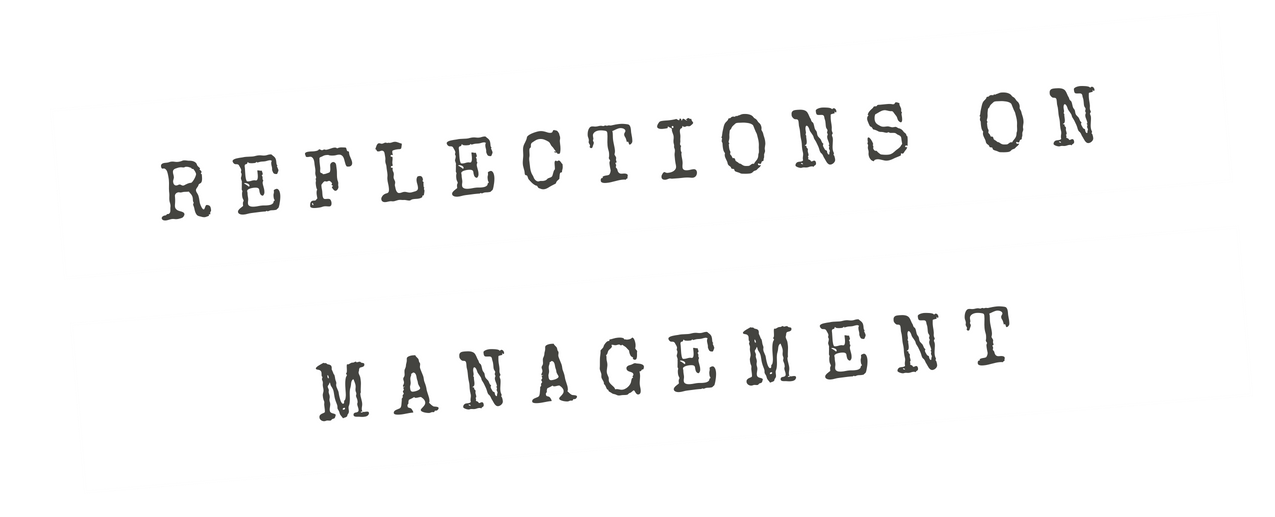There is the potential for the contract to be inherently unequal or unfair or unjust.
Season 6, Episode 1 — Click here to download the transcript
As the pandemic continued through 2020, there’s emerged plenty of commentary about the need for change as the pandemic severity and longevity have wreaked havoc on economies, lives and our social fabric, longstanding inequalities have been exposed and old political tensions heightened. From the very beginning of this program, I have been exploring matters pertaining to the relationship between individuals and society and between individuals and the organizations to which they belong, as even the meaning of belonging is potentially changing. Put another way, the social contracts put in place that guide much of who we are, how we work and interact, and what it means to be a member of society or any other collective appear up for renegotiation. And so in this first episode of a multipart series, I will reflect on what is this social contract and does it need to change?
What do I mean by “social contract”? It is this idea of the relationship between individuals and organizations, what the individual commits to by being part of the organization and what the organization commits back to the individual. Some of it is provided to the individual by society as a whole — basic needs might include things like education. Then there’s other things that are provided by the organization like pay, promotions, prestige, medical care. Individuals contribute their time, effort, and commitment, but must also to some extent care for themselves. Thus, what individuals identify as their basic needs can come from three sources — society, organizations, and the self. The balance of these three sources of satisfying an individual’s needs is dynamic, depends on the situation, depends on where the individual is. So the social contract, even at its simplest level, is actually very complex because there is a lot of discussion and disagreement. This series will hopefully illuminate this complexity and often solutions that are practical, but not necessarily quick.
Works Referenced:
Kellerman, B. (2014). The end of leadership. Harper Business Press.
Mills, C. W. (1997). The racial contract. Cornell University Press.
Pateman, C. (1988). The sexual contract. Stanford University Press.


